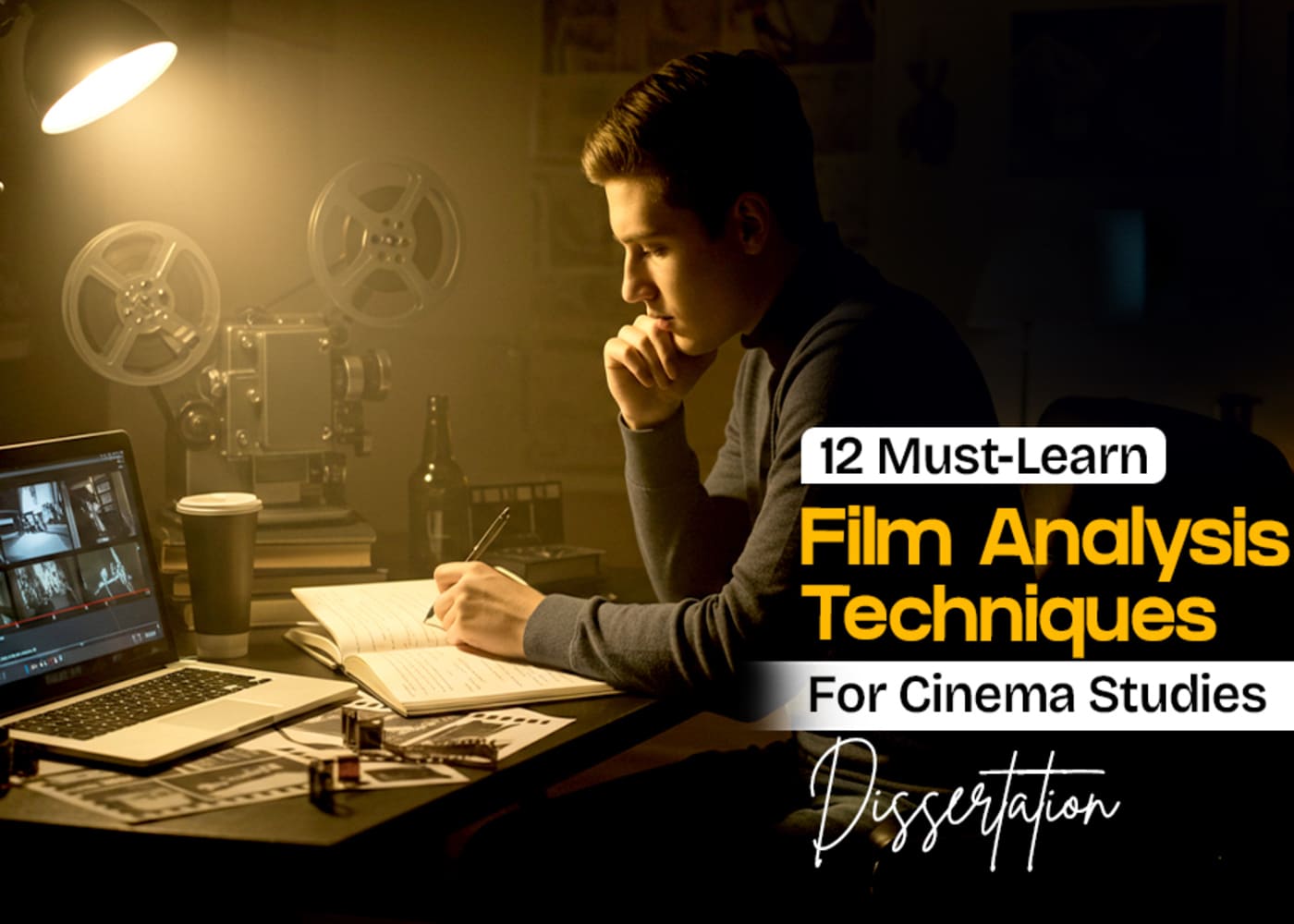If you've ever watched one of the many wildlife programmes on the BBC, such as Planet Earth, you've probably seen an expository documentary. The purpose of an expository documentary like those made by Ken Burns or Michelle Osbourn is to inform and educate the audience. In contrast to the way an observational or participatory film
handles a tale, it teaches ideas about our world in a unique way.
There are six basic types of documentary, each with its own
aesthetic and defining traits. According to American cinema critic Bill
Nichols, these forms of documentaries are explanatory, participative,
observational, performative, poetic, and reflexive. Expository documentaries,
which are the most common kind of documentary, use a spoken narrative to
educate the audience about a particular subject.
Expository Documentaries: What Are They?
Expository documentaries provide a certain point of view or
argument regarding a topic, and the narrator frequently addresses the audience
directly while highlighting the connections between the visual cues and
providing commentary. Expository documentaries often feature material, such as
stock footage, archival footage, b-roll, or re-enactments of historical events,
that emphasizes and supports the film's spoken argument.
Expository documentaries are carefully researched and
written with the intent to educate and persuade. In contrast to poetic
documentary or observational documentary forms, the expository mode seeks to
persuade the audience by making a compelling case for or against a certain
point of view.
Expository documentary is one of the several filmmaking
services rendered by a Video Production Company.
What Features Define an Expository Documentary?
There are a number of distinctive qualities specific to the
explanatory style of documentary filming, including:
1. Omniscient Voice-over: The "voice of God"
narration is one aspect of explanatory documentaries. The documentary's images
are accompanied by this authoritative voice, which defines the imagery for the
audience and explains rhetorical substance to support the case being made in
the movie. Without offering subjective accounts or personal narratives to
convey a narrative, the voice-over merely conveys information.
2. The "Correct" Response: Expository
documentaries don't give the audience much room for subjectivity since they
want them to have a specific reaction to what they are watching. The statements
in the film are frequently supported by rhetorical questions, historical
accounts, and interviews, along with any other pertinent data.
3. Evidentiary Editing: In contrast to expository
filmmakers, who employ images to bolster their arguments, poetic mode
documentarians use their visuals for emotional or artistic effects. Screenshots
are accompanied by captions or commentary that explain or support them. News
broadcasts frequently employ this kind of editing methodology.
3 Illustrations of Expository Documentaries
Documentary movies come in a wide variety of styles. While
Dziga Vertov's self-reflexive documentary Man With a Movie Camera (1929), which
examined urban Soviet life without the use of actors, made history, filmmaker
Michael Moore is renowned for fusing participatory methods with performative
documentaries. Expository documentaries can be found in, for instance,
The Dust Bowl (2012) The causes and effects of one of the
greatest droughts to ever affect North American farms are supplemented by
images and statistics in Ken Burns' historical portrayal of this terrible
drought during the Great Depression.
Blue Planet (2001) In this documentary series examining the
past and present conditions of our planet's oceans, David Attenborough's
informed and authoritative voice, together with his years of natural
experience, provides credibility to his scientific narration. In an attempt to
resolve a portion of the enigma surrounding these enormous bodies of water that
encircle two-thirds of the planet's surface and its people, in the movie.
Additionally, Attenborough calls attention to how human
activity affects marine life and how we are destroying this habitat for
wildlife.
Nanook of the North, (1922). A glimpse inside Nanook, an
Inuk, and his family's daily lives is provided through the silent film by
Robert Flaherty. The "voice of God" speaks through title cards,
giving viewers interpretation for specific situations. The film adheres to the
majority of explanatory filmmaking norms and is primarily instructive, despite
the fact that some minor aspects were adjusted to increase the entertainment
value of the production.
Documentary filmmaking predominantly uses the expository mode.
In a documentary, exposition becomes a problem once you
start narrating a complicated topic, especially if there isn't much film of the
real subjects or events.
Any other approach would be akin to cinematic navel-gazing,
which ultimately helps neither the director nor the audience. And lastly, to
those who truly went through what happened in the story that the documentary
describes,
This may be the reason so many documentarians choose
expository narratives, whether they are focusing on nature, history, crime, or
current events.
In an explanatory documentary, a topic is chosen, and
information about it is presented via interviews, archive material, and other
media.
Although the expository documentary mode is the most common
form of documentary production, video production companies in Dubai can help
produce any form of documentary or video production you may want with the right
professional touch.







